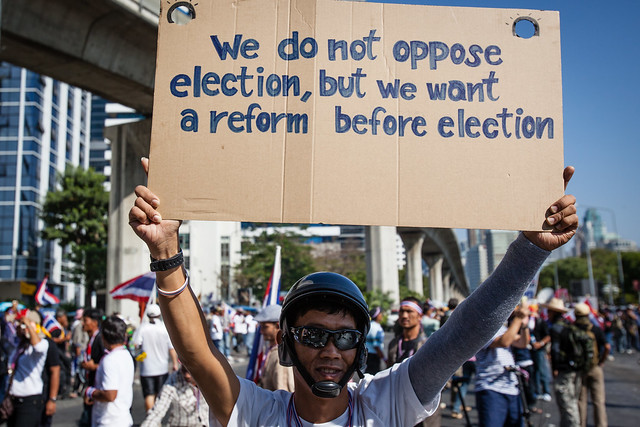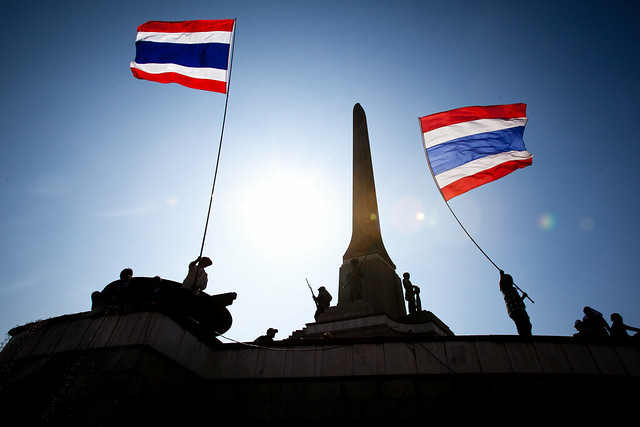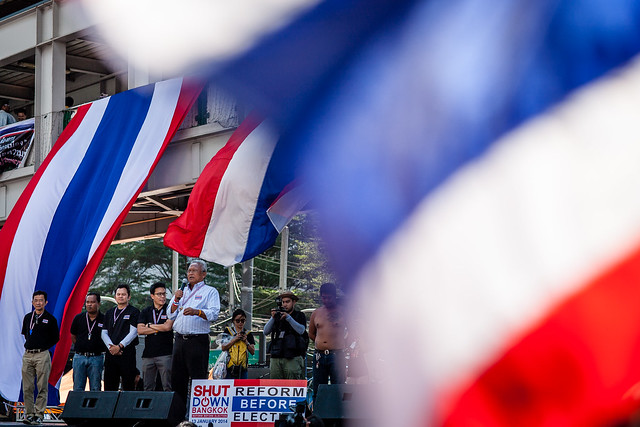Laurie Penny explains why the renewed urge to blame pornography for social ills is misplaced:
We’ve been here before. The debate about the causes of sexual violence has been going on since the feminist porn wars of the 1980s, which were both more and less exciting than they sound and involved a great deal of shouting in draughty meeting rooms. The internet is the current culprit, but the arguments against explicit material are exactly the same as they were when the main smut delivery systems were rental videos and grubby mags. In 1981, the writer Ellen Willis noted that “if anti-porn feminists see pornography as a brutal exercise of predatory male sexuality, a form of (and incitement to) violence against women, the right also associates pornography with violence and with rampant male lust broken loose from the saving constraints of God and Family”. Today, the same social conservatives who are cutting child benefit and closing domestic violence shelters still borrow freely from feminist rhetoric about exploitation of women and children when it suits them.
The worst thing about this debate is that it turns a real-world, complex problem into a simple moral choice: porn is either good or bad, right or wrong, and not one shade of grey can be permitted, let alone 50. Having watched a great deal of pornography in the name of research and recreation, I can assure you that not all of it is violent, and indeed that almost any sexual taste, from the placid and petal-strewn to the eyebrow-raisingly reptilian, is catered to online for a modest fee. It is equally true that there is something traumatic about a lot of modern-day pornography, something repressed, violent and deeply involved with a particularly vengeful misogyny that has been on the rise only since women have become more economically independent over the past two generations. Some people like that sort of thing; others have grown up learning it as an erotic script, because sex is fundamentally a social idea. To say that dirty pictures are the problem in themselves, rather than a structure of violent misogyny and sexual control, is to confuse the medium with the message.
One of the most common retorts to the anti-porn alliance is that to campaign against online smut is to do something disgusting and decidedly post-watershed into the wind. The genie of unlimited filth has been let out of its dodgy bottle and no amount of legislation will stop us polishing our lamps.
That’s true, but it’s inadequate. After all, I spend my life, as an idealist and a feminist, arguing that vast, ambitious social change is not only possible but essential. Controlling the consumption of online pornography would require an enormous programme of state and corporate censorship, and the argument against this sort of socio-sexual state control should be not that it is unfeasible, but that it is monstrous. I do not want to live in a world where the government and a select few conservative feminists get to decide what we may and may not masturbate to, and use the bodies of murdered women or children as emotional pawns in that debate.
It is supremely difficult to achieve radical ends by conservative means. Feminists and everyone who seeks to end sexual violence should be very cautious when their immediate goals seem to line up neatly with those of social conservatives and state censors. I believe in a world where violence against women and children is not routine. After all, the idea of a world without sexism is no more unrealistic than getting rid of pornography — and a lot more fun.
It’s useful to keep in mind when claims about pornography being responsible for cases of sexual assault or rape … as the availability of porn on the internet has increased, incidences of violent sexual crimes have been decreasing in most countries. That little fact seems to get omitted when the accusations are being hurled.
Update: Simon Bisson says that the “key to cleaning up the internet is tackling the darknets, not letting censorship in by the back door”.
The latest proposals to lock down the UK internet in the name of preventing child pornography are at best a misunderstanding of how the dark side of the internet works, and at worst a basis for a censorship infrastructure that could make the Great Firewall of China look like a leaky sieve.
In an interview with the BBC, prime minister David Cameron proposed that search engines should block certain terms, warning users of the consequences of searching for those terms.
While that’s all very well, it’s an approach that’s not going to stop the real trade in illegal images — which never touches the big search engines, and hides behind encryption and custom-built networks that Peter Biddle and three other Microsoft engineers christened “darknets” in their 2002 paper. That flaw makes the proposals both misguided and dangerous, as the Open Rights Group notes in its considered response.
The problem facing anyone trying to block child porn or online drug dealing is that it doesn’t happen on the public internet. Online criminals know what they’re doing is illegal, and they’ll take complex precautions to hide their locations and the services.
[…]
While Silk Road is a publicly-known darknet site, there are many, many more that are only known to a small group of trusted individuals, bound together to secrecy in the knowledge that what they are doing is illegal. It’s on sites like those that illegal images and video are traded and shared, and bought and sold.
You won’t find them in the web space your ISP gives you, or through searches on Google or Bing. They’re squirreled away at the end of a DSL line somewhere well away from the jurisdiction of the UK government, in a country with loose regulations, and looser policing. Or worse still, they’re hosted in the fast flux DNS of a bot network, distributed across the unwitting PCs of hundreds or thousands of innocent users.
Stopping the web’s bad guys is not a matter of censoring the internet. That’s impossible. What’s needed instead is an international agreement on notice and take down for illegal content, and on shared intelligence about the servers and services criminals are using, with cooperation on shutting down botnets and cybercrime syndicates.








